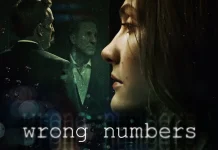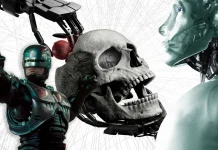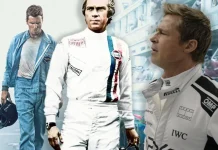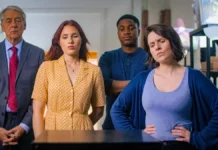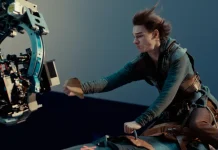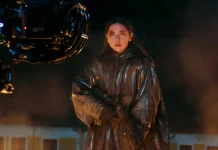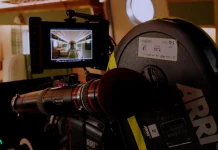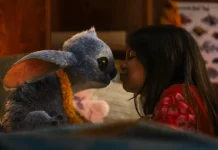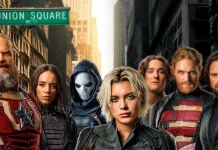In a potentially precedent-setting case, media giants Disney and Universal Pictures have jointly filed a lawsuit against AI image generator Midjourney, alleging rampant copyright infringement. The complaint, submitted to the U.S. District Court for the Central District of California on June 11, 2025, accuses the company of using copyrighted characters without authorization to train its AI and generate unauthorized images.
A “Bottomless Pit of Plagiarism”
The lawsuit describes Midjourney as operating a “bottomless pit of plagiarism,” capable of producing realistic AI images of characters like Darth Vader, Yoda, Spider-Man, Elsa, Shrek, Buzz Lightyear, and even the Minions—all without permission from the studios that own the rights.
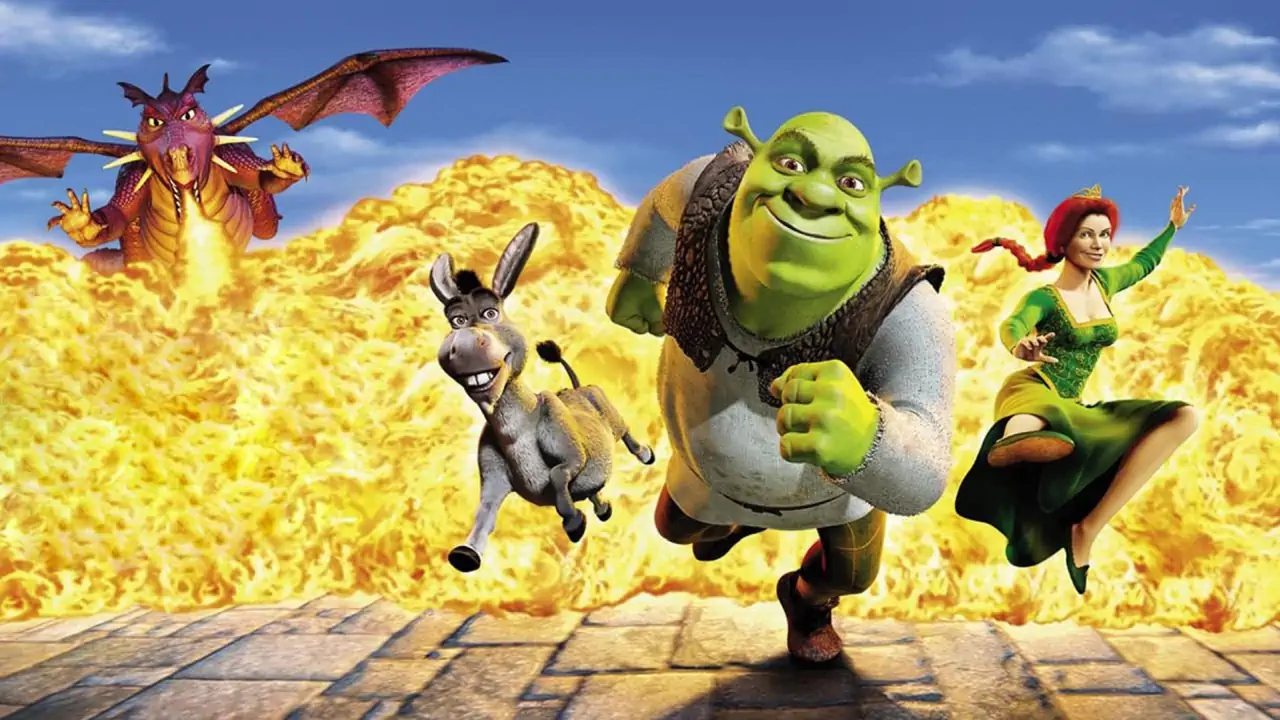
According to the filing, Midjourney has amassed over 21 million users and generated more than $300 million in revenue by allowing subscribers to create AI images—some of which closely resemble protected intellectual property.
Fair Use on Trial
Midjourney, like many AI companies, has cited fair use as justification for training its models on publicly available data. But legal experts argue this case may finally test those boundaries.
“Training on copyrighted content and producing near-exact replicas is not the same as transformative use,” said one entertainment law analyst. “This case could reshape how courts interpret fair use in the age of generative AI.”
Hollywood Strikes Back Against AI
The lawsuit marks the first high-profile legal action by major film studios against an AI image generator. Disney and Universal are seeking damages, as well as a permanent injunction to prevent further generation or sharing of copyrighted likenesses.
Of particular concern is Midjourney’s announced plan to launch a video-generation tool, which studios fear could enable widespread visual replication of scenes and characters from film franchises.
The Stakes for AI and Copyright
If Disney and Universal win, the case could set a legal precedent that forces AI companies to license data sets or implement more robust copyright safeguards. It may also spark wider regulation of generative AI models in the U.S. and internationally.
Public reactions on platforms like Reddit have been mixed. Some applaud the studios for defending intellectual property, while others worry the suit may stifle creative innovation.
“It’s good to finally see accountability for what amounts to digital piracy.”
“This might be the lawsuit that changes how AI models are built.”
What This Lawsuit Could Mean for the Future of AI and Copyright
This lawsuit could mark a turning point in how the law confronts the rise of generative AI. As Disney and Universal challenge Midjourney’s practices, the case raises fundamental questions about who owns creative content in the age of machine learning.
The outcome may influence not just one company, but the broader rules of engagement between tech and entertainment — and how AI developers navigate the increasingly blurred line between inspiration and infringement.


